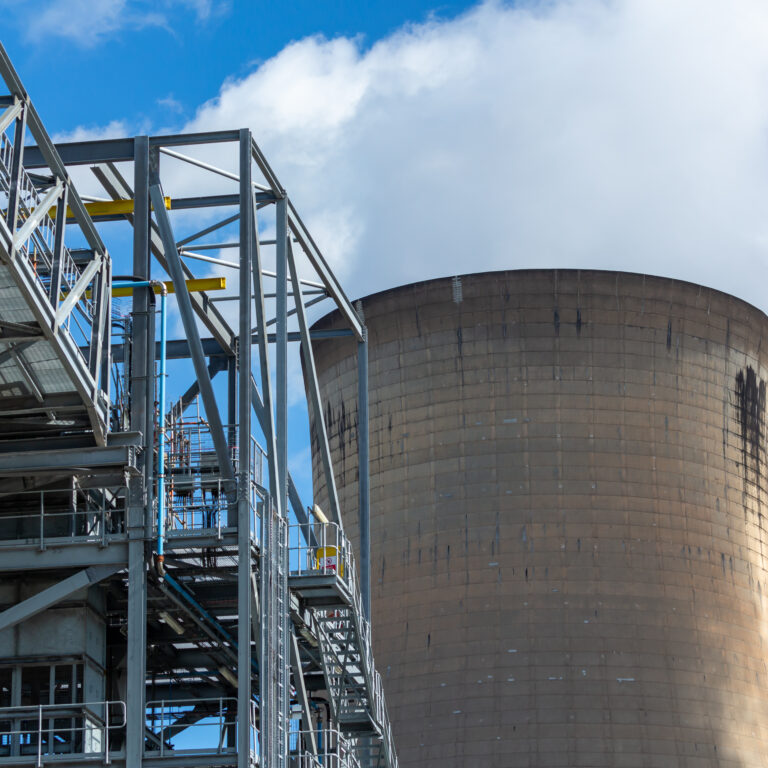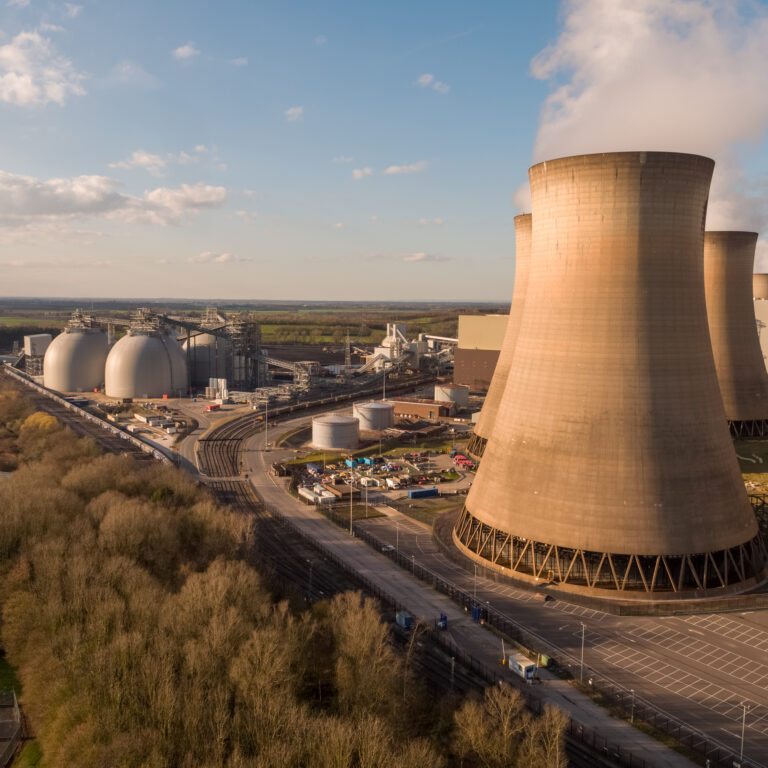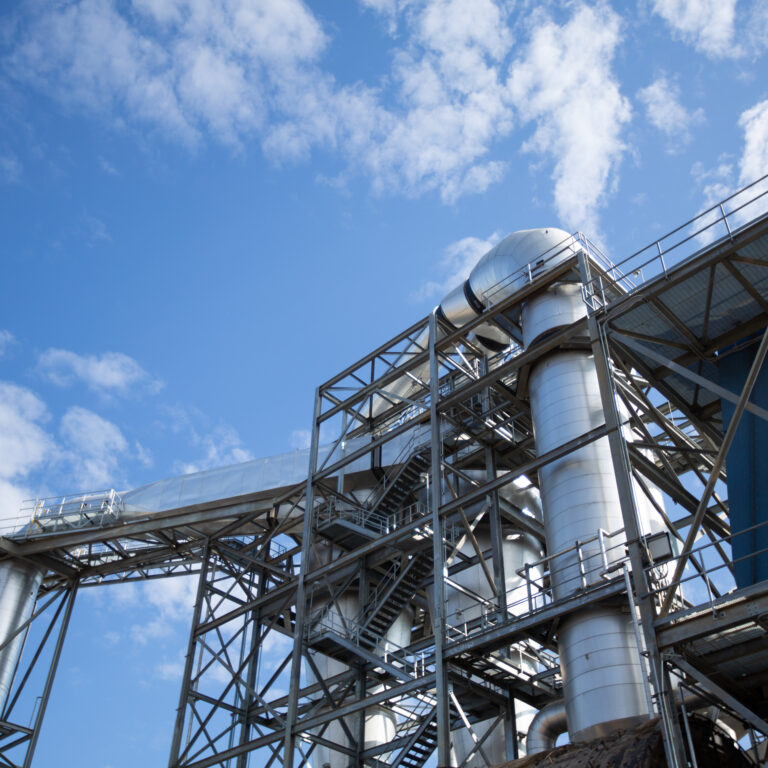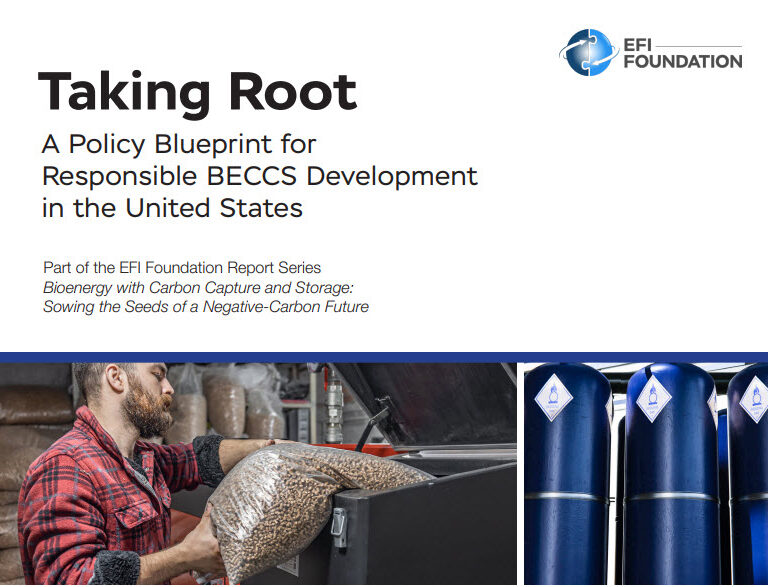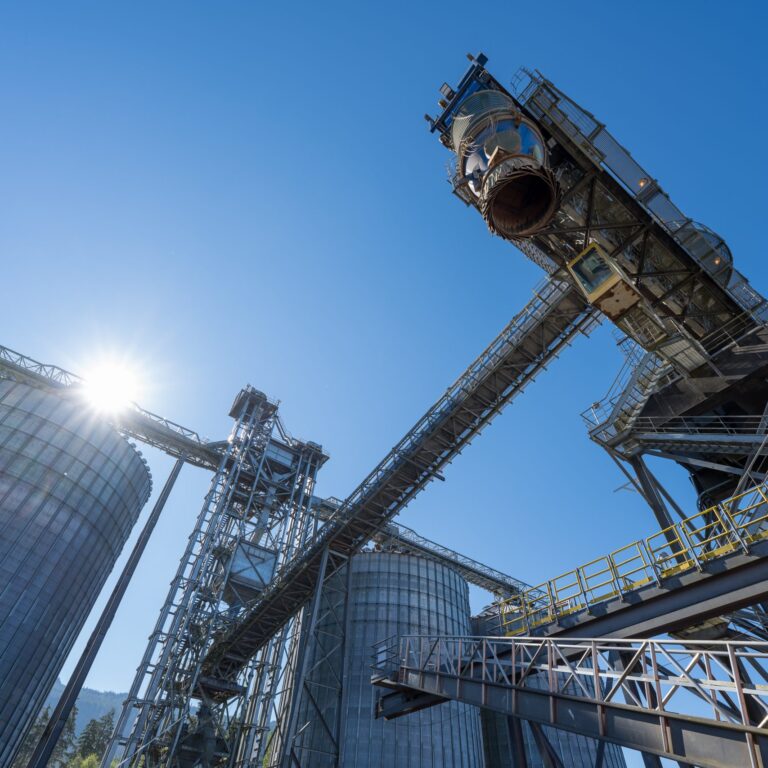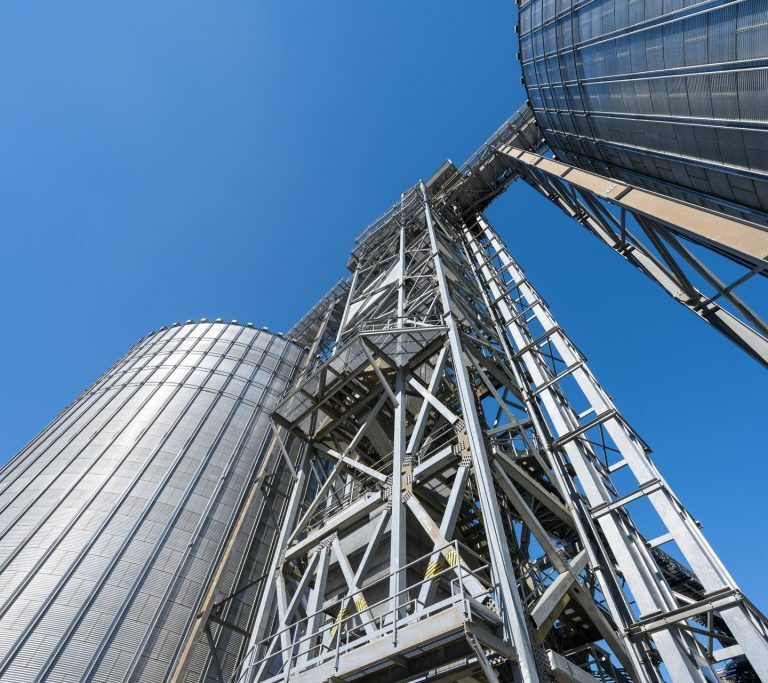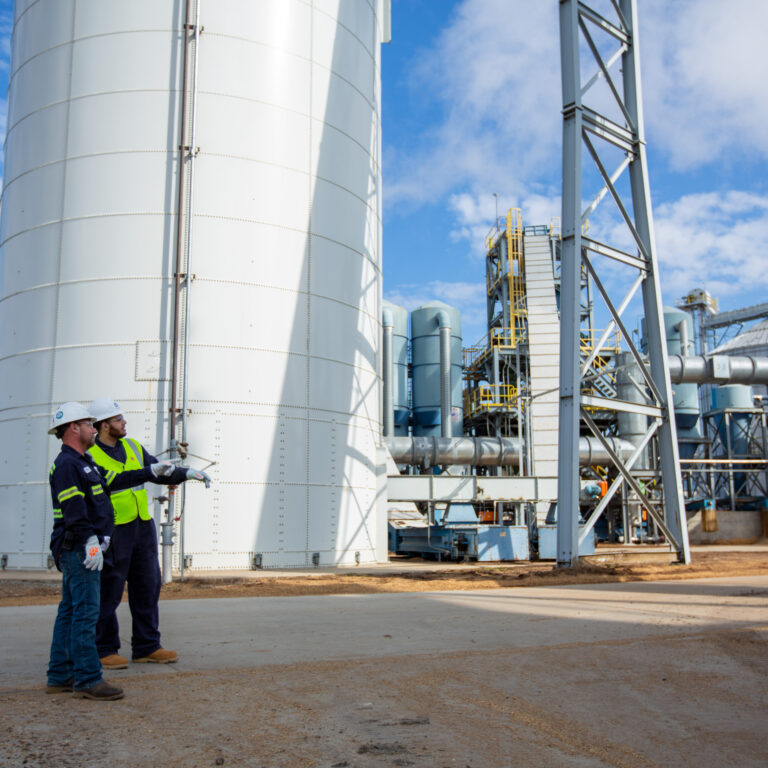Drax Group CEO Will Gardiner said:
“Today’s IPCC report provides a stark warning about what will happen if we don’t act now to address climate change. Negative emissions solutions are proven and ready to go, but must be deployed much faster if we are to remove carbon dioxide from the atmosphere and cap global temperature rise to 1.5 degrees.
“With the right government support, Drax is ready to invest in scaling up bioenergy with carbon capture and storage (BECCS) to deliver millions of tonnes of negative emissions as early as 2027, creating new green jobs and clean growth while tackling climate change.”
Background:
- The UN’s IPCC and the UK’s independent advisory panel the Climate Change Committee have both said that negative emissions from BECCS will be needed to address the climate crisis.
- Developing BECCS at Drax would support thousands of jobs during construction at its peak including in construction, the supply chain and the wider economy. This is in addition to the tens of thousands of other jobs created and supported across the Humber region as part of the decarbonisation of the UK’s largest – and most carbon intensive – industrial cluster where 55,000 people are employed in energy, manufacturing and engineering.
- BECCS at Drax will save the UK £13 billion over the coming decade and twice that to meet net zero according to a new report by energy consultancy Baringa.
- Negative emissions technologies include BECCS, direct air capture and storage (DACS), and natural climate solutions (NCS) such as afforestation.
- BECCS is the only negative emissions technology that also delivers the renewable electricity needed for a decarbonising economy.
- The Coalition for Negative Emissions’ Report, produced with knowledge and advisory support from McKinsey, says Paris Agreement climate targets will be missed without an industrial scale up of negative emissions.
- The report found that at least 1 Gigatonne a year of negative emissions from BECCS is needed globally by 2025 to keep global warming within the Paris Agreement target of 1.5 degrees Celsius.
- Currently, only 0.1 Gt is being delivered today, according to the report.
- Negative emissions solutions BECCS, DACS and NCS are proven, ready for deployment and scale up, and can provide 1 Gt or more each of negative emissions.






